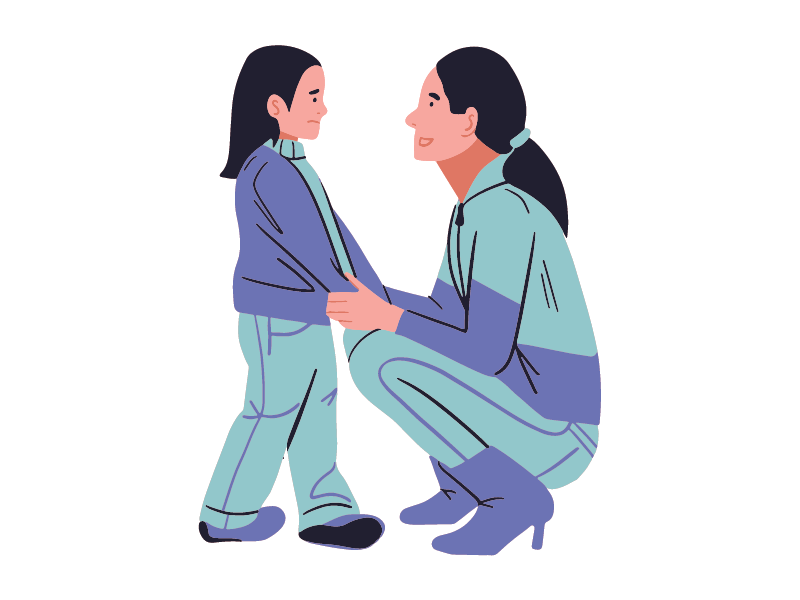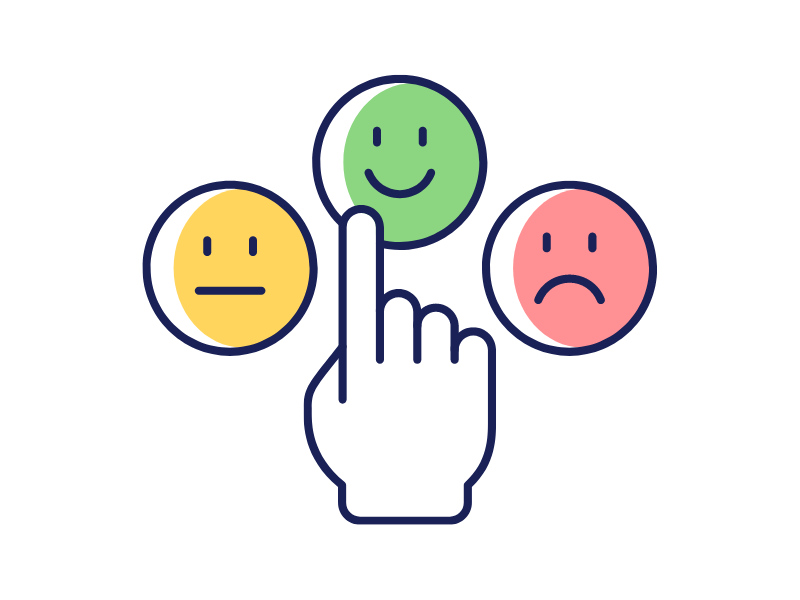Parental co-regulation plays a crucial role in shaping the emotional development of children by providing them with a secure foundation to navigate their feelings and reactions. Through empathetic guidance and modeling of healthy emotional responses, parents help children develop essential skills for managing stress, building resilience, and forming secure attachments. In this blog, we delve deeper into the significance of parental co-regulation, exploring how it fosters healthy family dynamics and strengthens the bond between parent and child.

Parental co-regulation is a fundamental aspect of supporting your child’s emotional journey. By fostering a nurturing and supportive relationship, parents lay the groundwork for their children to thrive emotionally and socially. Through empathetic listening, positive reinforcement, and modeling healthy behaviors, parents empower their children to navigate life’s ups and downs with resilience and confidence. In embracing the role of emotional guides, parents not only shape their children’s emotional well-being but also cultivate deep bonds that last a lifetime.
Emotional regulation is a behavior that adults must master for themselves so they can then model that behavior for their children. From birth, children lack the ability to regulate their emotions when upset. Bringing them to a state of calm emotional balance is the responsibility of the adult who cares for them. As parents and caregivers, we teach children appropriate ways to respond to feelings and emotions by demonstrating how we manage our own. This journey with children requires parental patience while the child not only learns appropriate emotional regulation skills but also gains confidence in their ability to eventually self-regulate.
Parental co-regulation is a parenting style that involves offering support and guidance, helping their children navigate complex feelings and reactions. Recognizing that children are in the process of developing self-regulation skills, co-regulation involves modeling effective emotional coping mechanisms. By fostering this empathetic partnership, parents not only contribute to their child’s immediate emotional well-being but also empower them to independently regulate emotions as they mature, establishing a robust foundation for sustained emotional development.
 Cleo Chalk, Resident in Counseling
Cleo Chalk, Resident in CounselingParental co-regulation is pivotal for a child’s emotional well-being. Central to this is the principle of emotional availability, creating a safe space for children to express themselves without judgment. When parents prioritize emotional availability, it instills confidence in their children, positively impacting their ability to connect with peers.
Emotional availability fosters trust and allows children to navigate their emotions confidently, contributing to enhanced emotional intelligence. This secure environment not only nurtures a child’s well-being but also influences positive social interactions. Children who feel emotionally secure at home are better equipped to exhibit empathy, cooperation, and effective communication in their relationships with peers, laying a foundation for healthy social development. As a clinician, supporting parents in effective communication is key. Teaching communication skills enhances their ability to create a nurturing environment. Additionally, therapists can empower children to express emotions freely, fostering emotional intelligence and healthier social development.
Looking for more parenting tips? Check out our resources page and get in contact with the Wise Family Wellness team!
Stay Wise,

Dr. Amy F. Parks
Owner of Wise Family Wellness
“Thank you so much for all you do and care for me. And all the work you do for my family. I {heart} you.”
— 10-year-old coaching client“Supporting the mental health of the kids and teens in our community is one of the most challenging and also one of the most important jobs anyone could have. And I see your team doing it with both skill and enthusiasm.Our family could not be more fortunate to have found your practice 3 years ago.
Our kids are growing up but we still keep your number on our phone and we know we can reach out to your team if we need it. We tell everyone who asks about the WISE people at The Wise Family.
Thank you for doing what you do for so many people.”—from the parent of two former clients (siblings)
— Parent of two former clients (siblings)“Dr. Amy is like Oprah – she’s the neighbor you love who is very, very smart”
— Parent of 14-year-old son and 18-year-old daughter